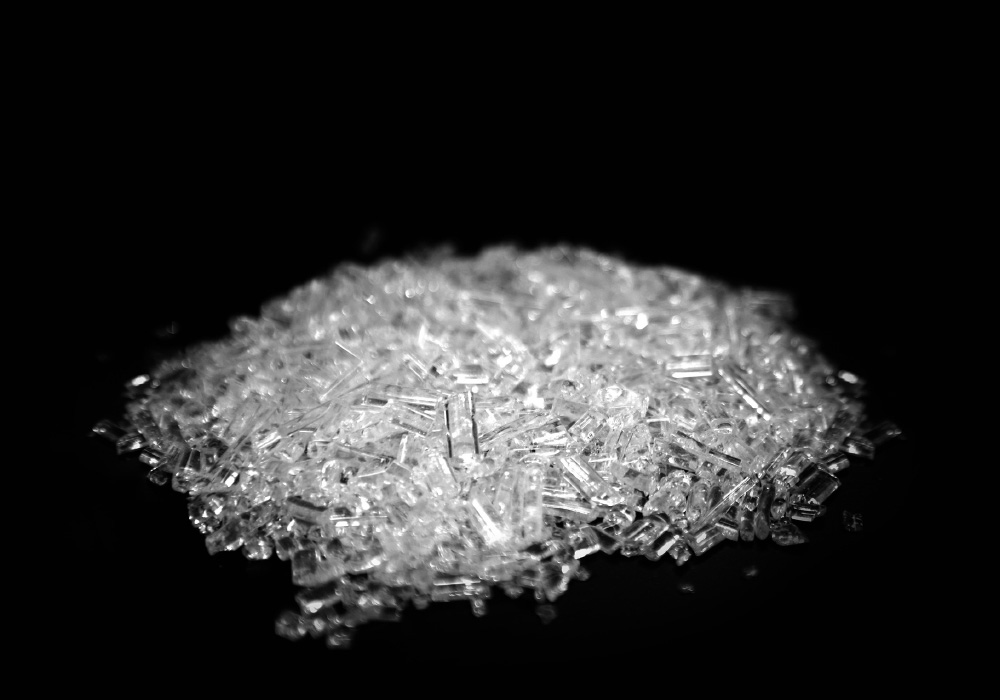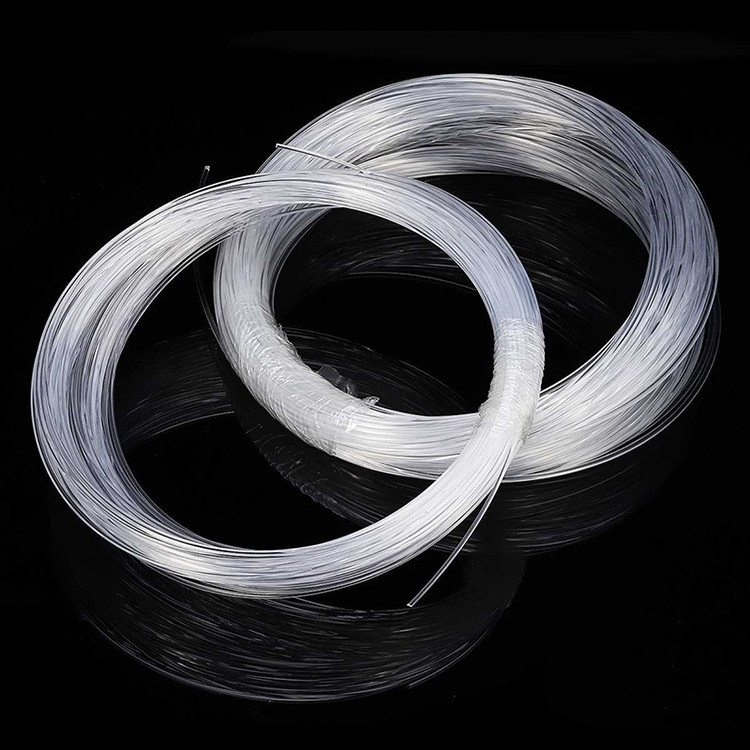Sinoright Blog
Classification and Application Introduction of Acrylic Resin
Methacrylic acid or related compounds polymerize to form poly (methyl methacrylate), which can be used in acrylic resin paints, textile finishing agents, adhesives, bonding with clay, and correcting paper errors. Another type of acrylic resin is polymethyl methacrylate, which is a hard plastic used to improve various transparency properties.
Acrylic Resin, as an important polymer material, has excellent physical properties and chemical stability, and is widely used in industries such as coatings, adhesives, sealants, plastics, fiber optic cables, electronics, and electrical appliances.
Properties of Acrylic Resin
High Transparency
Due to its unique molecular structure, acrylic resin has high transparency and brightness, making it an excellent material for preparing highly transparent products.
Good Weather Resistance
Acrylic resin has excellent weather resistance and can withstand environmental conditions such as ultraviolet radiation, high temperature, and low temperature, making it less prone to oxidation, decomposition, and aging.Excellent Chemical Stability
Acrylic resin has good resistance to chemicals such as water, hydrochloric acid, alkali, and organic acids, and can maintain stability in complex chemical environments.Excellent Mechanical Performance
Acrylic resin has excellent mechanical properties, including high tensile strength, elastic modulus, and wear resistance, which can meet various mechanical performance requirements.Classification of Acrylic Resin
According to the structure and film-forming characteristics of acrylic resin coatings, they can be classified into two categories: Thermoplastic and Thermosetting.
Thermoplastic Acrylic Resin is a special type of solvent based acrylic resin that has the characteristics of being meltable and soluble in appropriate solvents. In coating applications, it relies on the aggregation of large molecules after solvent evaporation to form a film, but no cross-linking reaction occurs during the film formation process, so it is classified as a non reactive coating. This resin has excellent physical and mechanical properties, weather resistance, chemical resistance, and water resistance, as well as outstanding light and color retention.
In the coating industry, the molecular weight of thermoplastic acrylic resin is typically between 75000 and 120000. In order to improve the coating performance, it is often combined with other resins such as nitrocellulose, cellulose acetate butyrate, and vinyl chloride resin. This resin has good light and color retention, water and chemical resistance, fast drying speed, easy construction, and is easy to recoat and rework. When preparing aluminum powder paint, it can provide good aluminum powder whiteness and positioning.
Thermoplastic acrylic resin has a wide range of applications in various fields, including automotive, electrical, mechanical, and construction industries. Its excellent performance and wide application make it an important raw material for coatings.
Thermosetting Acrylic Resin is a special type of thermosetting resin formed by the polymerization of acrylic monomers and their derivatives. This resin can undergo cross-linking reaction after heating, forming a hard and heat-resistant material.
Thermosetting acrylic resins typically have excellent chemical resistance, wear resistance, and heat resistance, and are therefore widely used in coatings, adhesives, sealants, composite materials, and other fields. They can also be used to manufacture structural components in the fields of optical materials, electronic materials, and aerospace.
This type of resin usually needs to be cured under heating conditions, so special heating equipment and processes are required during the processing. Thermosetting acrylic resin can also be mixed with other materials to improve its properties, and different performance requirements can be achieved by adjusting the formula.
Classification by Form of Acrylic Resin Coatings
Acrylic resin polymers can be classified into three types based on their morphology and properties: solvent based, water-based, and solvent-free.
Application of Acrylic Resin
Acrylic resin has been widely used in various fields, including:
Coatings field
Acrylic resin is a high-quality coating material that can be used to prepare various water-based, solvent based, and powder coatings. These coatings have high gloss and excellent pollution resistance.
Adhesive field
Acrylic resin can be used to prepare various adhesives and tapes. These products have excellent adhesion and cohesion, and are widely used in various industries.Plastic field
Acrylic resin can be used to manufacture various plastic products, such as injection molded parts, extruded parts, films, sheets, and outer protective layers for optical fibers and cables. These products have characteristics such as high transparency and good toughness.Fiber optic cable field
Acrylic resin, as the outer sheath material of optical fiber cables, has high transparency, good processing performance, and mechanical strength, as well as excellent optical and mechanical properties.
In the field of electronics and electrical appliances
Acrylic resin can be used to prepare electronic and electrical components, such as electronic packaging, wire and cable insulation materials, and liquid crystal displays. These products have good insulation performance and mechanical strength.Outlook on the Acrylic Resin Market
In the coming years, the acrylic resin market is expected to maintain a stable growth trend. With the gradual recovery of the global economy and the continuous upgrading of industrial structures in various countries, the demand for acrylic resin will show an upward trend.
In addition, with the rapid development of new energy vehicles, high-speed trains, aerospace and other fields, the demand for high-performance materials will continue to grow. These fields have high requirements for materials, and acrylic resin, as a high-performance polymer material, will consolidate and strengthen its market position.
In summary, with the advancement of technology and the continuous growth of market demand, the acrylic resin market will still have good development prospects.
